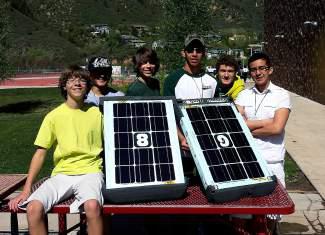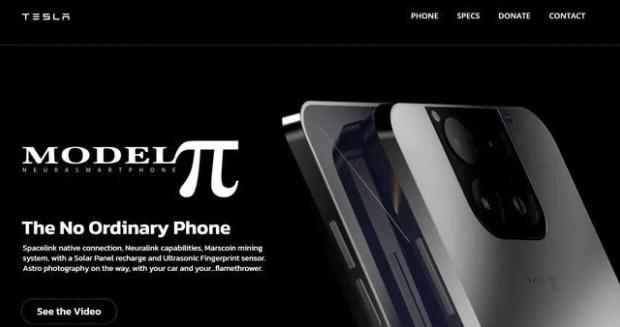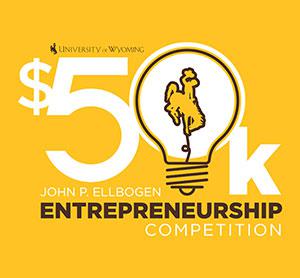BYD, the EV maker that plans to import the Atto 3 to Australia starting mid-July, reportedly has a bit of a problem: it has a 400,000-strong backlog of orders.
It’s one of those problems that is good to have, no doubt. Interest in its range of electric vehicles is at an all-time high in China: it is currently taking close to 100,000 orders a month, and in February reported an 800% increase in orders from the year before.
In addition to battery-electric cars (BEVs), BYD also makes lithium-ion batteries, as well as photovoltaic products, smartphones and plug-in hybrid vehicles (PHEVs).
The accumulative order backlog was reported by China media site Cailian (via CNEVpost), reporting on the company’s recent investor meeting, saying that the EV maker expects to sell 1.5 million vehicles in 2022, and if the supply chain improves, sales of 2 million vehicles is possible.
In a yearly report released on Tuesday via the Hong Kong stock exchange, the company noted that the release of four new PHEVs and its marine-themed BEVs have been met with enormous demand.
In the case of battery electric vehicles, it is, in particular, the Dolphin electric hatch which is expected to be released in Australia later in 2022 following the Atto 3 (a rebadged Yuan Plus designed for the local market), that has proved a winner.
Its flagship Han has also broken numerous records for the medium and large sedan sector, and it is expecting to sell 30,000 units in March, the company said.
“In the field of plug-in hybrid vehicles … the orders boomed (and) the demand exceeded the supply,” the company said in its latest annual report. “The delivery units rising month by month, while cumulative undelivered orders kept hitting new highs.”
Equally, it says that its BEV sales have been hitting new highs, and sales volumes continue to rise. “New energy vehicle” (NEV) sales (which includes BEV and PHEV) as reported by CNEVpost show a 752.6% increase in sales in February, and suggest a four-month backlog of orders.
In the bigger picture of the global EV market, a four-month backlog is not actually very long: even in the US now, Tesla wait times are now up t0 seven months-long for some model variants, in particular the Long Range Model Y.
While many carmakers are laying the blame of supply chain issues at the feet of order backlogs, BYD says that in China the problem is easing, proven by growth in the local auto market – in particular “explosive growth” in the NEV market.
According to BYD, the present raw material price rise trend is slowing, and if the price of lithium carbonate stays the same this year, it will have little impact on the sales of new electric vehicles.
This is important for Australia, which along with Norway is one of BYD’s only export markets for its passenger vehicles.
With first deliveries of the Atto 3 due to commence in mid-2022, it is understood that a dedicated assembly line for the RHD Australia market will output some 18,000 vehicles a year. The Driven has reached out to BYD importer EV Direct to confirm if the backlog will affect Australian orders, but did not receive an answer prior to publication.
BYD claimed a 17% share of the new energy vehicle market in China in 2021, an 8% increase from 2020 according to the China Association of Automobile Manufacturers (CAAM).
Bridie Schmidt
Bridie Schmidt is associate editor for The Driven, sister site of Renew Economy. She has been writing about electric vehicles since 2018, and has a keen interest in the role that zero-emissions transport has to play in sustainability. She has participated in podcasts such as Download This Show with Marc Fennell and Shirtloads of Science with Karl Kruszelnicki and is co-organiser of the Northern Rivers Electric Vehicle Forum. Bridie also owns a Tesla Model 3 and has it available for hire on evee.com.au.



